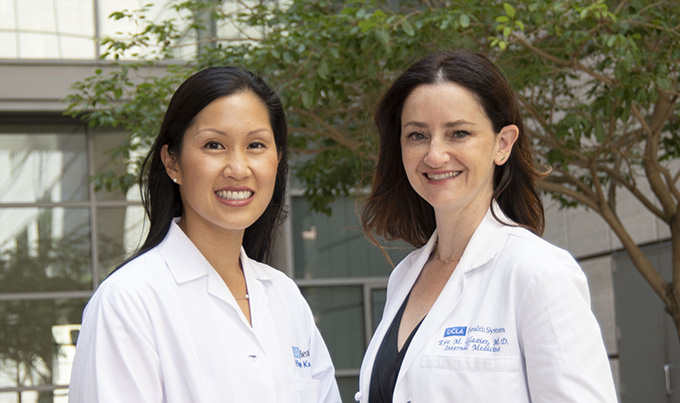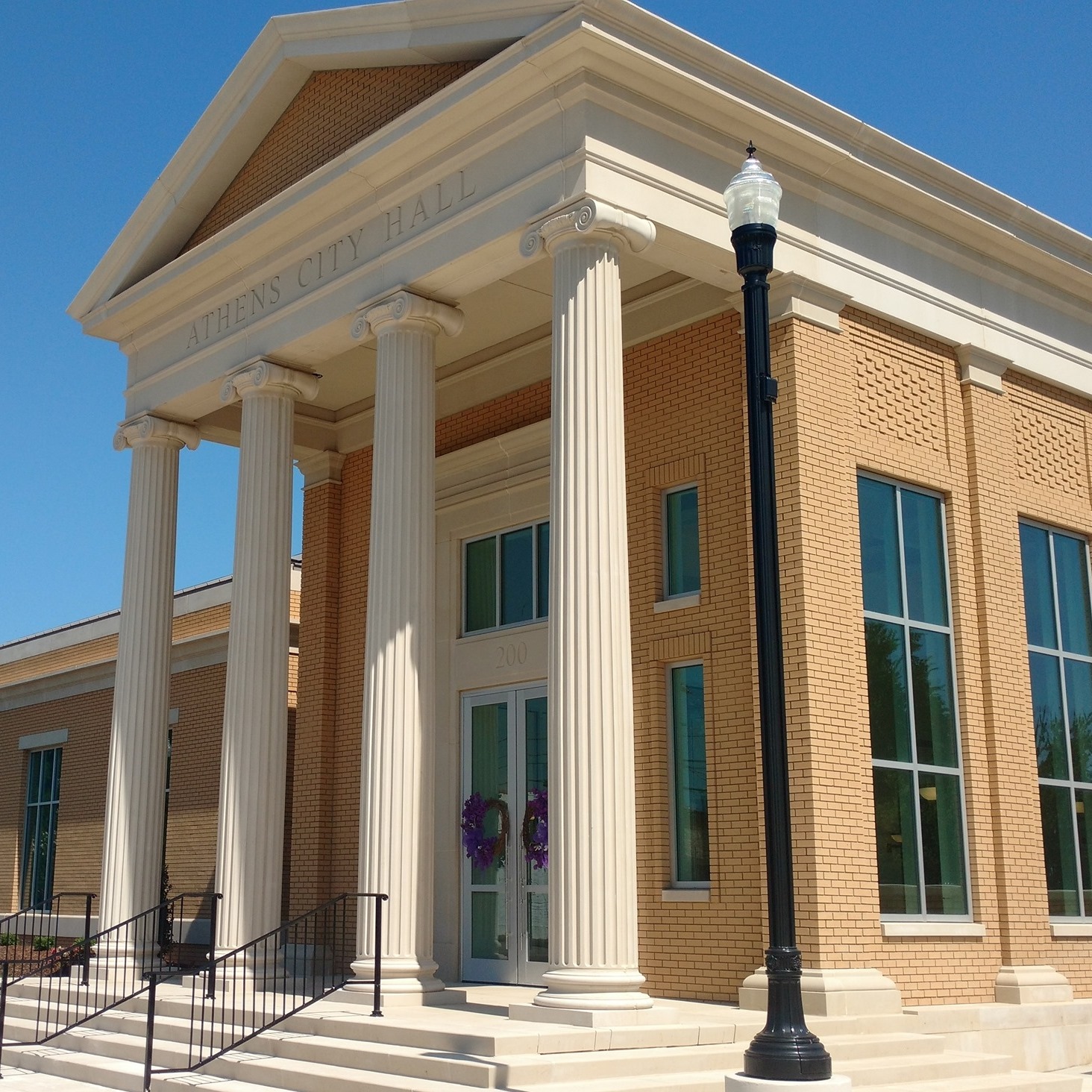(Ask the Doctors) Long-term symptoms indicate Post-Concussion Syndrome
Published 7:22 pm Wednesday, June 18, 2025

- Eve Glazier, M.D., MBA, is an internist and associate professor of medicine at UCLA Health. Elizabeth Ko, M.D., is an internist and assistant professor of medicine at UCLA Health. Send your questions to askthedoctors@mednet.ucla.edu.
Dear Doctors: I was in a pretty bad car accident. I thought I got away with just a concussion, but now I have headaches and see an aura when I look at lights at night. I’m told it may be post-concussion syndrome. Can you please talk about what that is and whether it can be cured?
Dear Reader: We should begin by talking about concussion, a form of traumatic brain injury. It occurs when a blow to the head or body results in a jolt so strong, it causes the brain to shift or twist rapidly within the skull. The force of this movement can bruise the delicate tissues of the brain, rupture blood vessels that deliver oxygen and nutrients, and can cause damage to the neurons, sometimes at a cellular level. Because these types of brain injuries are usually not life-threatening, concussions have been characterized as mild. However, in recent years, the serious consequences have become clearer.
A concussion causes an immediate and temporary disruption in the normal functioning of the brain. The symptoms can be physical, emotional, cognitive and behavioral. Symptoms may develop immediately or can take several days or even several weeks to appear. Common physical symptoms include headache, neck pain, nausea, dizziness, drowsiness, blurred vision, slurred or garbled speech and sensitivity to light or sound. Some people experience confusion, have problems with long- and short-term memory, become easily irritated, have extreme swings in emotion or become anxious or depressed. It is not unusual for someone with a concussion to experience changes to their normal sleep patterns.
Trending
People typically recover from a concussion within two to four weeks. When someone reaches the three-month mark and symptoms have not begun to resolve, it is known as post-concussion syndrome, or PCS. We don’t fully understand the reasons for this delay in recovery yet. One theory suggests PCS arises from changes in brain chemistry driven by the initial injuries. Another suggests neuron damage as a trigger. The data show that people who have suffered one or more previous brain injuries are at increased risk of developing PCS.
There is no specific test for post-concussion syndrome. Diagnosis is based on the person’s medical history, the details of their initial injury and the subsequent symptoms, and a timeline of the persistent symptoms. Getting a diagnosis can involve a neurological exam and, in some cases, scans to visualize the brain. These tools help rule out possible complications, such as a neck or skull fracture, or an intracranial hemorrhage.
As with concussion, PCS cannot be cured. Treatment focuses on managing each person’s specific symptoms. This can include medications to address pain, nausea, anxiety or depression; devices to manage light and sound sensitivity; and cognitive, behavioral or psychological therapy. Although in the past, exercise was discouraged, newer research shows gentle physical activity to be beneficial. Although recovery time for PCS varies, many people see significant improvement in three or four months.
Eve Glazier, M.D., MBA, is an internist and associate professor of medicine at UCLA Health. Elizabeth Ko, M.D., is an internist and assistant professor of medicine at UCLA Health.





